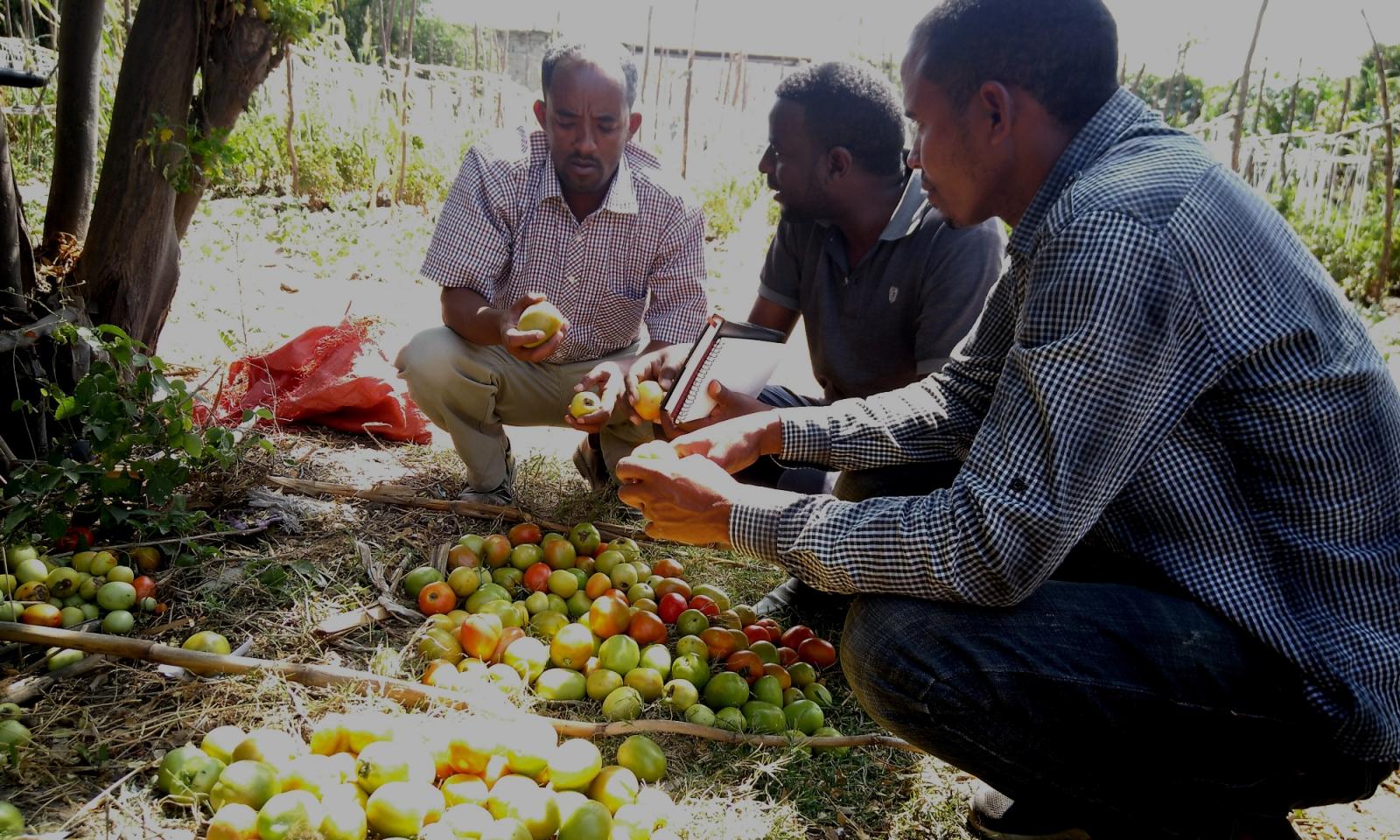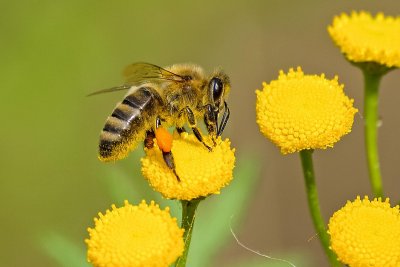Pesticide free vegetables in Ethiopia
Sustain member PAN-UK are working with PAN Ethiopia to reduce the use of pesticides on smallholder vegetable farms.

The health of farmers and consumers are being threatened by the use of Highly Hazardous Pesticides (HHPs) on vegetable crops grown for the Ethiopian market in the Lake Ziway. PAN-UK's new project aims to improve pest and disease management and reduce use of harmful pesticides by smallholder farmers via three main interventions:
Testing innovative approaches to vegetable integrated pest management (IPM)
This includes using the food spray method to attract predatory insects into fields to feed on pests. Since 2014, PAN Ethiopia has successfully implemented this method with cotton smallholders in Arba Minch in the Southern Rift Valley. Field trials are underway this season to test whether using the food spray can also work for key pests in vegetables.
Providing high quality, hands-on farmer training
This training is based on the Farmer Field School methodology. It aims to help smallholders develop the skills, knowledge and confidence to adopt a range of safer and more sustainable pest management techniques.
Raising awareness and promoting adoption of agroecologically sound IPM approaches
We plan to raise awareness via demonstration plots, open days and working closely with local extension services, Ziway Plant Health Clinic, research institutes and farmer associations.
This project is funded by IDH the sustainable trade initiative, under its Initiative for Sustainable Landscapes (ISLA) programme and by the JJ Charitable Trust. The JJ Charitable Trust has supported PAN UK’s work with partners in Benin and Ethiopia to adapt the food spray method to the needs of organic cotton farmers and those moving away from reliance on HHPs.
In 2016, PAN UK published its Trainers’ Guide to Using the Food Spray Method to Enhance Biological Control in Cotton, in collaboration with cotton entomologist, Dr Robert Mensah, who first developed the method with large-scale cotton farmers in Australia in the 1990s.
Published Wednesday 13 February 2019
Sustainable Food: What you can do - and ask others to do - to help make our food and farming system fit for the future.





